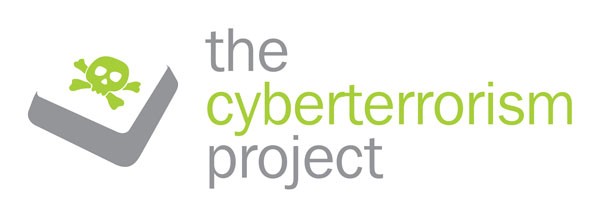Two of the global threats identified by the US Intelligence Community’s 2016 Worldwide Threat Assessment were cyber and technology, and terrorism. The aim of this workshop was to examine the convergence of these threats.
It is well-known that terrorist organisations already make wide use of the Internet. Online terrorist activities include: radicalisation and recruitment; propaganda; attack planning; communication; training; fund-raising; and, cyberattack. The aims of the workshop were therefore as follows:
● To assess the threat of terrorists launching cyberattacks and evaluate methods of improving protection of critical infrastructure;
● To deepen existing understanding of the different ways in which terrorists use the Internet and produce recommendations for the formulation of laws and policies to counter this threat;
● To evaluate these legislative and policy responses in terms of their impact on democracy, liberty and the rule of law;
● To generate innovative, interdisciplinary and robust methodologies and techniques for the study of terrorists’ online activities; and,
● To evaluate the opportunities that the Internet provides for intelligence and enforcement agencies, not only for surveillance and intelligence but also the construction and promotion of counter-narratives and other strategic communications.
A further aim of the workshop was to nurture dialogue between members of the academic, policy and practitioner communities. The participants therefore included representatives from each of these communities. As well as bridging the gap between academia and practice, the workshop also sought to bridge disciplinary divides. The participants had a wide range of expertise (including engineering, computer science, law, criminology, political science, international relations, history, and linguistics).
The report from the workshop can be accessed here.
